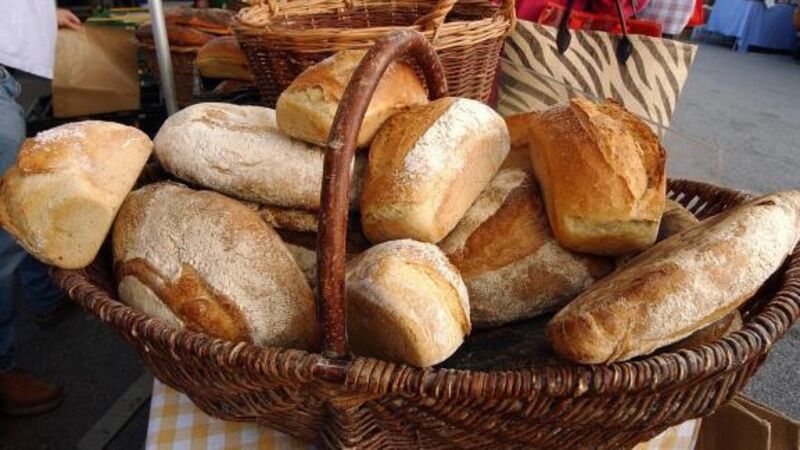Terry Prone: Give us our daily bread: gluten-free is not a lifestyle fad it’s a life-saver

Coeliac disease is also misinterpreted, not because of symptoms, but for quite different reasons.
It’s recently that coeliac disease went from being an under-diagnosed dietary oddity to a serious, permanent, and sometimes killer ailment.















